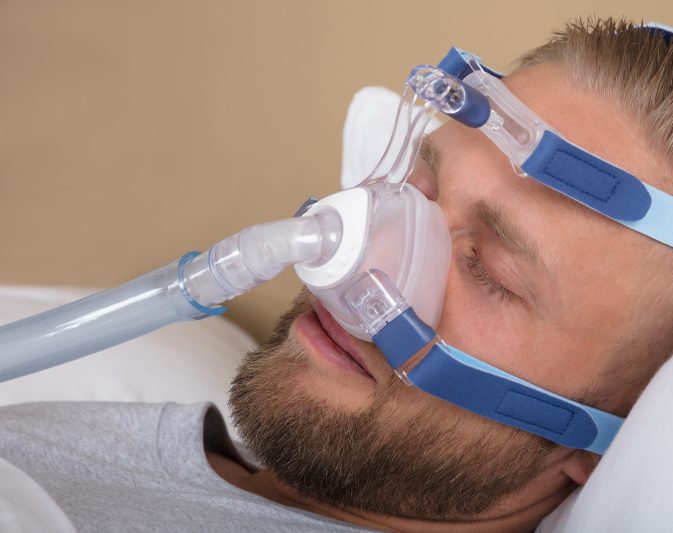Sleep Apnea and Social Security Disability in Chicago, IL: What You Should Know
Qualifying for Social Security disability benefits due to sleep apnea can be tricky because of the varied and subjective nature of the condition. Some are affected more than others, and certain symptoms – such as fatigue – can be difficult to prove. However, those who are unable to work due to severe complications—like heart problems—caused by sleep apnea may be more likely to qualify.
Let’s start by specifying what sleep apnea is. The American Sleep Apnea Association says
“The Greek word ‘apnea’ literally means ‘without breath.’ Sleep apnea is an involuntary cessation of breathing that occurs while the patient is asleep. People with untreated sleep apnea stop breathing repeatedly during their sleep, sometimes hundreds of times during the night and often for a minute or longer. In most cases, the sleeper is unaware of these breath stoppages because they don’t trigger a full awakening. Left untreated, sleep apnea can have serious and life-shortening consequences: high blood pressure, heart disease, stroke, automobile accidents caused by falling asleep at the wheel, diabetes, depression, and other ailments. Sleep apnea is very common, as common as type 2 diabetes. It affects more than 18 million Americans.”
There are two ways to qualify for Social Security disability benefits if you have sleep apnea. The first is to meet a Social Security listing. The Social Security Administration (SSA) has a set of procedures in place to identify disabilities that are medically eligible for benefits. These procedures are published in a handbook known as the “Blue Book,” and it includes a long list of various disabling conditions known as “listings.” While the SSA no longer has a specific disability listing for sleep apnea, it does have listings for breathing disorders, heart problems, and mental deficits which can be caused by sleep apnea. Some ways to meet the listings for complications caused by sleep apnea are to prove you have a severe cognitive deficit, also called intellectual disability (a condition in which people show significant limitations in their ability to learn and function); mood disturbances; behavioral issues; chronic pulmonary hypertension; or chronic heart failure. The SSA has very precise medical standards that you must meet to qualify for benefits under one of these listings. This is an area which is detailed and complicated. An experienced Social Security disability attorney can help you determine if you meet the criteria of a listing.
Very few people who apply for Social Security disability benefits meet the strict requirements of the Blue Book listings, but there is a second way to qualify—by proving that you are unable to perform any work due to a condition (or conditions) caused by your sleep apnea, given your age, education, and past work experience. Social Security will look to see if you are functionally limited from working. The agency will next assess your “Residual Functional Capacity” or RFC to determine if there’s any type of work you’re able to perform despite the limitations caused by your symptoms and the side effects of your medication or treatments.
Keep in mind that you must provide the evidence to prove that your condition(s) prevents you from performing any substantial work, so any limitations or symptoms due to your sleep apnea should be recorded in your medical records. For example, if your difficulty sleeping causes you the need for naps during the day, or difficulty concentrating, the nature and frequency of these symptoms should be documented by your doctor. It is advisable to maintain a journal of your symptoms to take with you to each of your doctor appointments.
If you are thinking about applying for Social Security disability benefits, or if you have been turned down for disability benefits, schedule a free consultation with Nash Disability Law. You can complete our simple online form, or better yet, call our office today at 312.219.9414.


